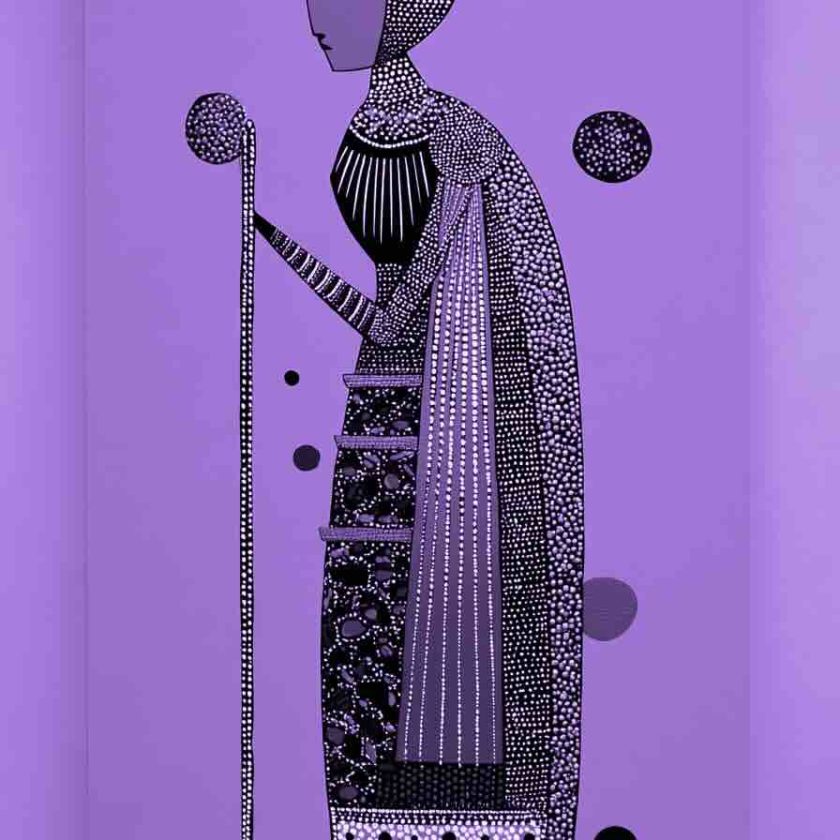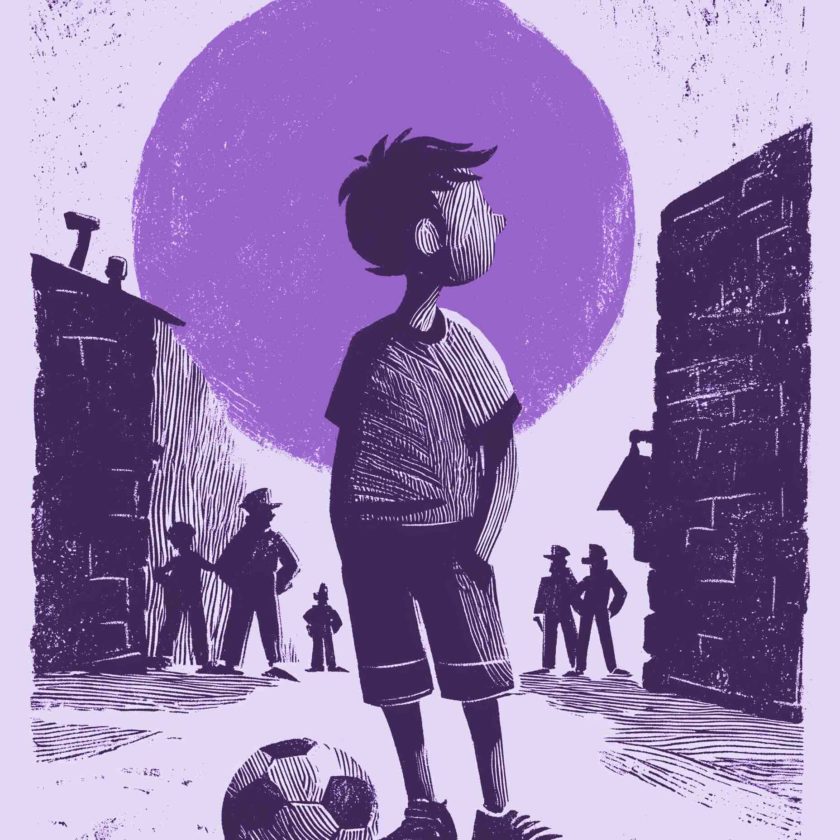The Practice Of Virtue Makes Us Happy
Many of us sometimes wonder what the point is of being good and practicing virtue. On the surface, evil seems to triumph most often, leaving a bitter taste of injustice. How then can we explain the persistence of virtue within the social norms of most societies?
To Be Virtuous Is To Be Free
Anyone who behaves badly or unfairly towards others is accumulating what we might call karmic debt. Although these debts may not be visible, they are, in fact, visible to anyone with a discerning eye. Indeed, as bad deeds accumulate, they draw the contours of an evil soul on our face. For those who know how to read faces, a person’s true nature always shines through. When we behave badly, we weigh ourselves down with a burden that must sooner or later be lifted if we wish to lead a truly happy life.
The Happiness Of Bad People
You might say that, at first sight, wicked people live happily – just look at their devilish smiles, their greedy eyes and their primal pleasures. All this is a mere substitute for the happiness of the wise, the enlightened. The happiness of the wicked is a more comfortable state than the unhappiness of the humiliated or martyred. That’s why we often prefer to be the executioner rather than the victim. Wickedness impregnates our souls with a pestilential stench. We come to be attracted by the dark things in life, and this leads us into a downward spiral. Evil people go to places of proven spiritual impurity, where filth, lies and immorality are commonplace. In short, it’s sometimes enough to identify a place (e.g. a gloomy discotheque, a brothel etc.) to identify the type of people who frequent it. So why envy the bad guys? The demons they serve will sooner or later devour them.
Good Is Slow In The Beginning And Fast In The End, Unlike Evil.
Evil can be seductive at first because it stands out and impresses in comparison to good. Evil is like a stone thrown in the air: at first it’s fast, then gradually slows down, before finally falling back and landing on the head of the person who threw it. Good is like a stone dropped from a hot-air balloon. It accelerates over time, and nothing can bring it back to its original owner. Good has positive cumulative effects, like those generated in a savings account. The bad creates a bank overdraft that will have to be paid sooner or later.
The Main Reason For Happiness Is Self-Esteem
There can be no happiness without self-esteem, let alone without a soul. The soul is the most subtle entity in the human being, and is sensitive to our actions. If you behave badly for too long, your soul may leave you, so to speak, and you become a kind of fatal zombie. When we become companions in evil, we feel an unconscious shame; the soul is not fooled, and will not tolerate vice for long. There is no happiness without a soul. True happiness is the result of the soul’s enjoyment, not that of the heart. It’s a much more subtle pleasure, but only a small number of people experience it. When you don’t give your soul a chance to blossom, you’re forced to experience inferior pleasures, be they physical, emotional or even intellectual.
True Happiness Is Ecstasy In The Etymological Sense Of The Word.
According to Wikipedia: “Ecstasy (from the Greek ἐκ / ek, “outside”, and στάσις / stásis, “place where one stands”: “to be outside oneself”) designates a state where the individual feels as if “transported outside oneself” characterized by extreme rapture, vision, enjoyment or joy.”
Ecstasy is first and foremost a spiritual experience, and not the common definition it has become today – namely, a sensory experience, most often sexual. It is through the practice of virtue that makes our soul grow within us that we are better able to experience ecstasy.








